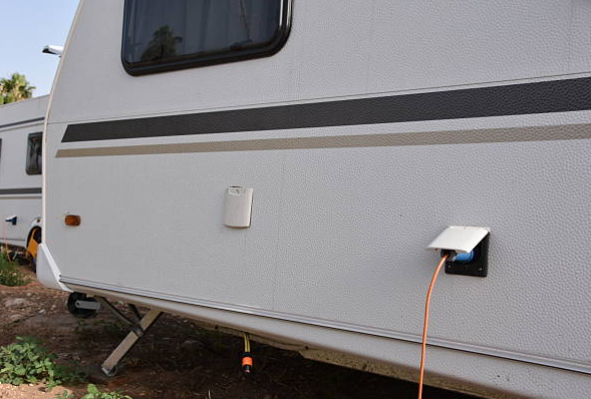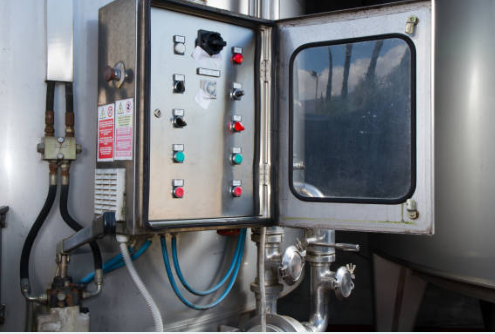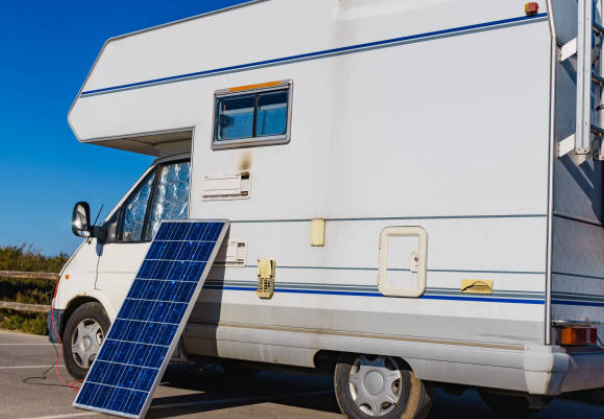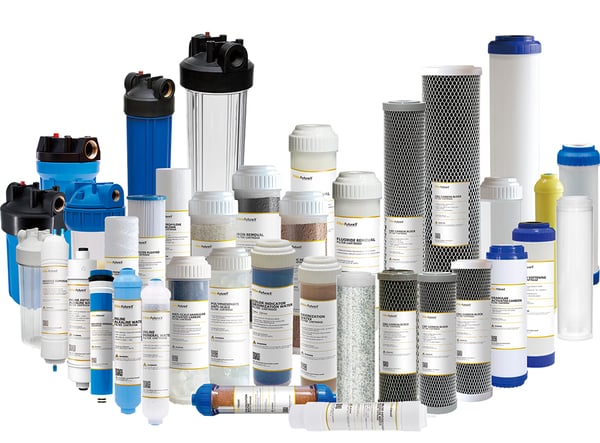RVs provide travelers and adventure seekers alike the ideal vehicle to experience nature without forgoing the comforts of home. A critical feature of any RV is its water system, which ensures clean, safe water for drinking, cooking, and other daily needs. In this article, we'll take an in-depth look at the components and considerations necessary to maintain and optimize its functionality without compromising its role in your mobile home.
Discover RV Water System: Types and Features

Water Pump: Driving Your RV Water System
The water pump is the heart of any RV water system. Responsible for pressurizing water before dispensing it into faucets and appliances throughout your RV, these self-priming pumps typically run off 12-volt electrical systems, drawing power directly from the batteries to ensure uninterrupted service. It's crucial that these components operate smoothly, as any issues can lead to decreased flow or complete breakdown. Regular checks by experienced RV technicians are necessary to maintain optimal condition.
Water Tanks: Safeguard Your Supply of Clean Drinking Water
RVs typically contain two water tanks: freshwater and wastewater tanks. The freshwater tank stores the clean water you bring along, while the wastewater tank stores any waste from sinks, showers, or toilets. Both tanks should be monitored frequently to maintain adequate supplies of freshwater and prevent overflows or leaks. Regular checks help ensure optimal levels and secure freshwater supplies without overflows or leakage.
Filtration Systems: Ensuring Clean and Safe Drinking Water
Traveling in an RV demands having access to a reliable water filtration system that removes impurities and contaminants, keeping your drinking water clean and safe. Different types of filters, such as carbon filters, reverse osmosis systems, and UV filters, offer various advantages for filtering contaminants. Investing in high-quality filter systems protects both health and well-being on the road.
Water Heaters: Hot Water On Demand
Nothing beats a relaxing hot shower after a day of exploration. RV water systems feature water heaters to provide hot water on demand, running on propane, electricity, or both. Understanding the capacity and efficiency of your water heater ensures an uninterrupted hot water supply during your travels.
Understanding Plumbing: The Inner Workings
RV plumbing systems consist of pipes, fittings, valves, and connections designed to distribute water throughout the RV. Understanding the plumbing system is critical for effective use and troubleshooting, avoiding leaks or clogs. Regular inspection and maintenance checks help identify potential issues and maintain optimal system functionality.
Winterizing Your RV Water System

Traveling during colder months requires winterizing your RV water system to prevent damage from freezing temperatures. Proper winterization includes draining excess water, adding antifreeze, and insulating vulnerable spots. These steps safeguard the system's integrity and save on repair costs.
Water Conservation: Making the Best Use of Limited Resources
Water conservation is crucial in RV travel due to limited storage capacities. Efficient water use involves practices like taking shorter showers, promptly fixing leaks, and using low-flow faucets. Conserving resources allows for extended adventures without compromising water supply.
Regular Maintenance: Preserving Longevity and Performance

Maintaining an RV water system requires regular care, including inspecting filters, checking hoses for wear or damage, and flushing tanks to remove bacteria or odor build-up.
Routine maintenance ensures optimal longevity and performance over the system's lifespan. Or you can resort to a reliable outdoor water filter in case of any accident,
Upgrading Your RV Water System: Enhancing the Experience

Consider upgrading your RV water system to improve its functionality. Enhancements could include adding a water softener, installing pressure regulators, or adding tankless hot water heaters for unlimited hot water availability. Researching and investing in these upgrades can make your life on the road more fulfilling and enjoyable.
Custom RV Water Purification System - Request Quote
For more information or to request a custom quote for an RV water purification system, contact us today
FAQ
Q: How often should I check my RV water pump? A: Regular checks are recommended every few months, or before and after long trips, to ensure optimal performance and address any issues early.
Q: What type of water filtration system is best for RVs? A: The best system depends on your needs. Carbon filters are great for removing chlorine and odors, while reverse osmosis systems offer comprehensive filtration, and UV filters eliminate bacteria and viruses.
Q: How do I winterize my RV water system? A: Drain all excess water from the system, add antifreeze, and insulate vulnerable spots. Follow the manufacturer's recommendations or consult a professional for detailed steps.
Q: How can I conserve water while traveling in an RV? A: Use water-efficient fixtures, fix leaks promptly, take shorter showers, and be mindful of your water usage to make the best use of your limited water resources.
Q: When should I replace my water filter? A: Replace the water filter as recommended by the manufacturer, usually every 3-6 months, depending on usage and water quality.
Q: Can I upgrade my RV water system on my own? A: Some upgrades can be done DIY with proper knowledge and tools, but for complex upgrades, it’s best to consult a professional to ensure proper installation and functionality.
Conclusion
An RV water system is a critical element of mobile living, providing clean water for drinking, cooking, and personal hygiene. Understanding all aspects of the system, from pumps to maintenance practices, is vital in optimizing its performance and longevity. Follow these tips and guidelines to improve your RV water system and enjoy a more comfortable life on the open road.

